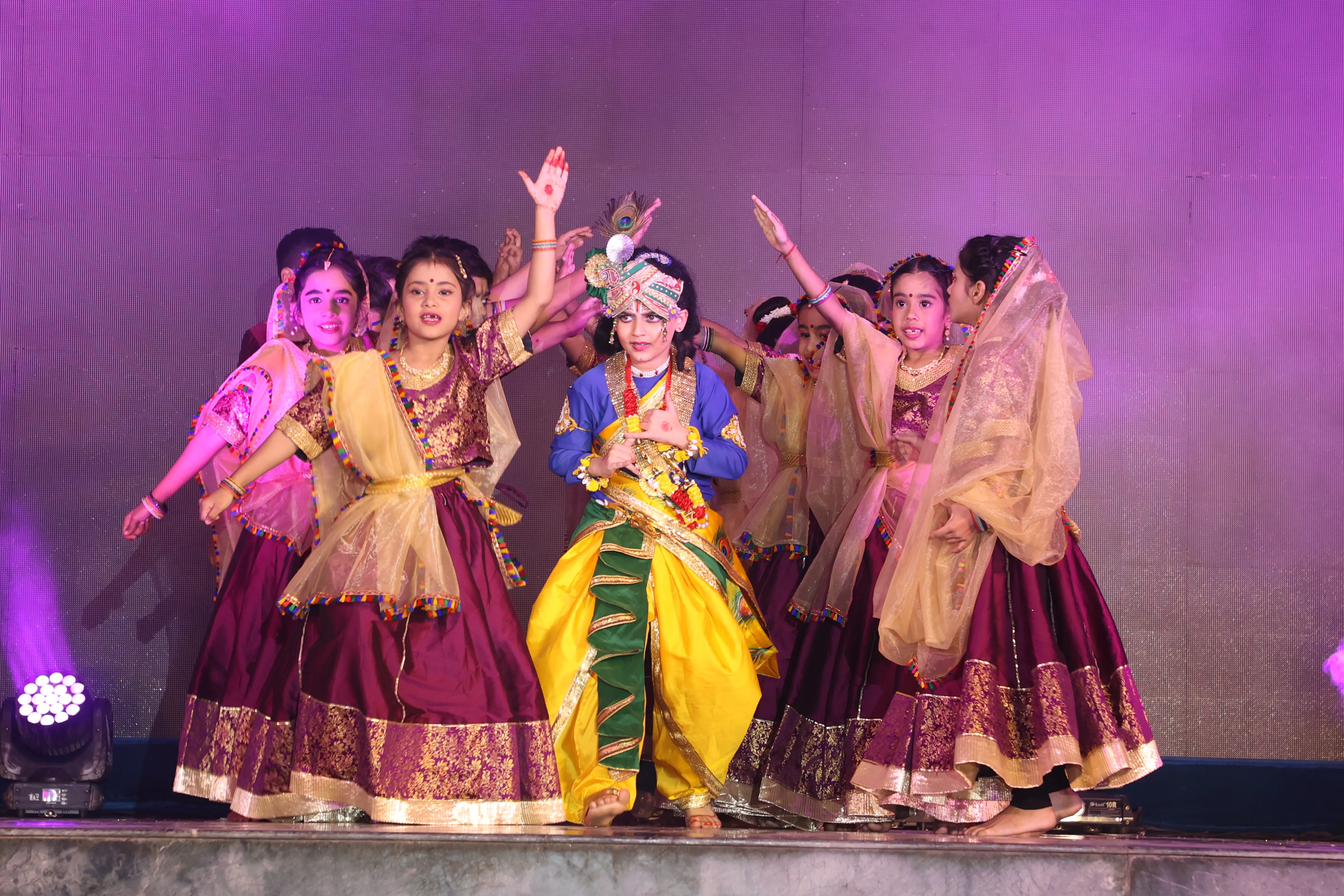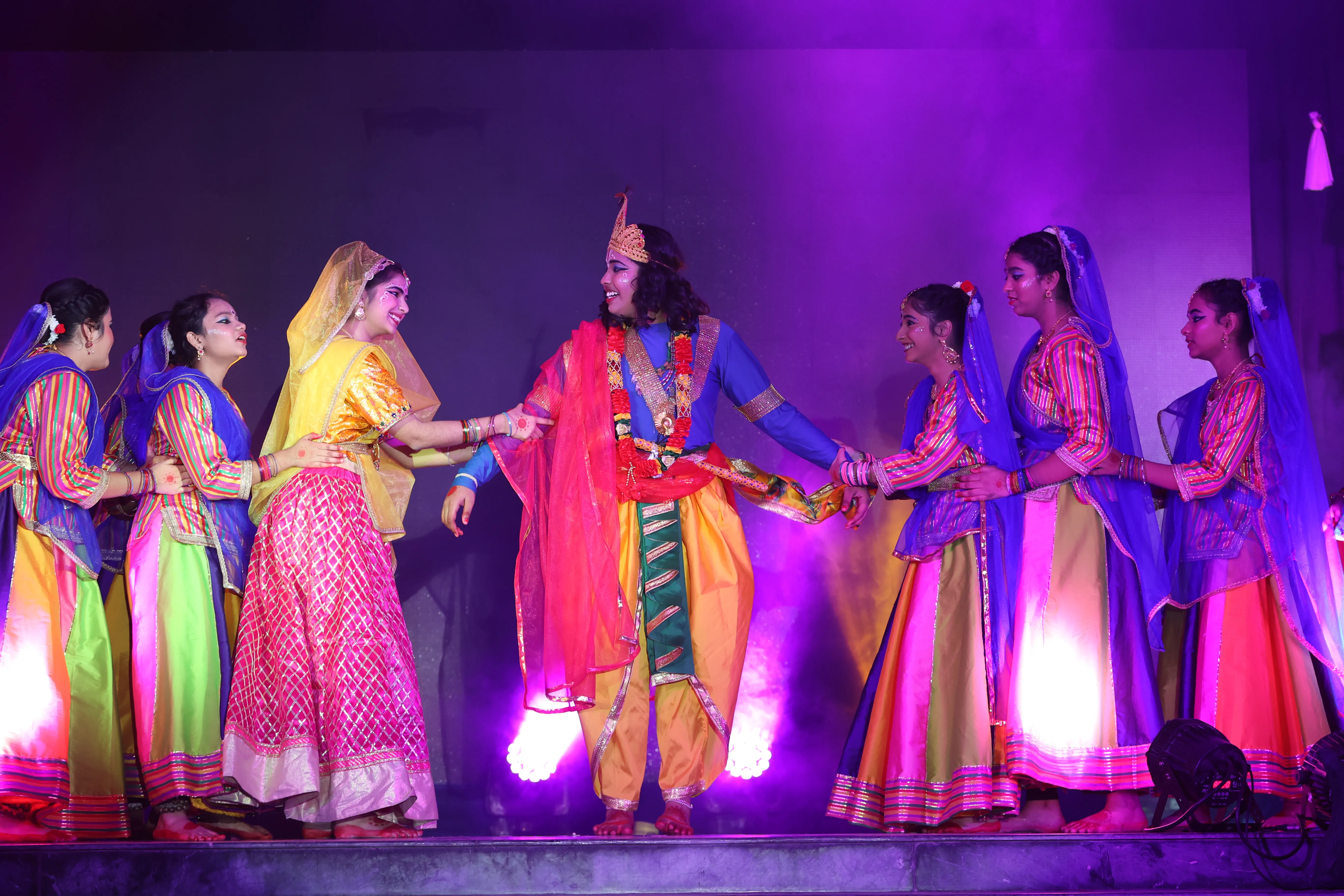
To foster students' interest in the stage, a variety of co-curricular clubs are available to help them develop performance skills. Throughout the year, students have numerous opportunities to perform in front of parents and guests, participating in both major school productions and smaller, more intimate performances.
Junior school drama plays a pivotal role in the holistic development of young students. To encourage students to explore the stage, there is a range of co-curricular clubs designed to develop performance skills. These clubs offer a structured environment where children can learn the fundamentals of acting, stage presence, and script interpretation.
Each year, students have numerous opportunities to perform in front of parents and guests. These performances range from major school productions that involve elaborate sets and costumes to smaller, more intimate performances that allow for personal expression and creativity. Such experiences not only boost self-confidence but also enhance public speaking skills and teamwork.
Drama serves as an engaging and educational experience for our first graders, allowing them to immerse themselves in the world of make-believe. Through imaginative play and storytelling, children have the opportunity to explore a wide range of emotions, which helps them understand and express their own feelings better. This activity also enhances creativity by encouraging students to think outside the box and come up with original ideas for characters, plots, and dialogues. Furthermore, drama provides a valuable platform for developing communication skills; as children practice speaking clearly and listening attentively during performances, they become more effective communicators. The process of acting out different roles also builds self-discovery and confidence, as children learn more about their abilities and strengths in a supportive environment. Ultimately, these experiences foster expressive and self-assured individuals who are well-equipped to navigate both academic challenges and social interactions.


In senior school, theatre courses provide both introductory and advanced modules. These courses allow students to explore emotions, creativity, and communication, thereby enhancing their confidence and self-awareness. Advanced acting exercises such as Stanislavski’s theory and Chekhov’s “outer to inner concept” are covered, along with innovative drama techniques. Participation in nukkad natak (street play) helps develop acting abilities as well as life skills like teamwork and resilience. The annual festival celebrates diversity through performances while setting goals and refining skills. This comprehensive training empowers students to assume leadership roles in theatre activities.